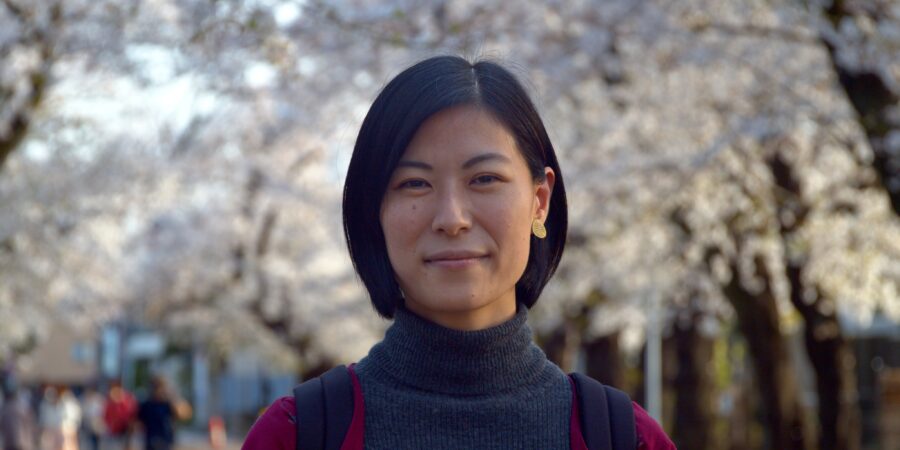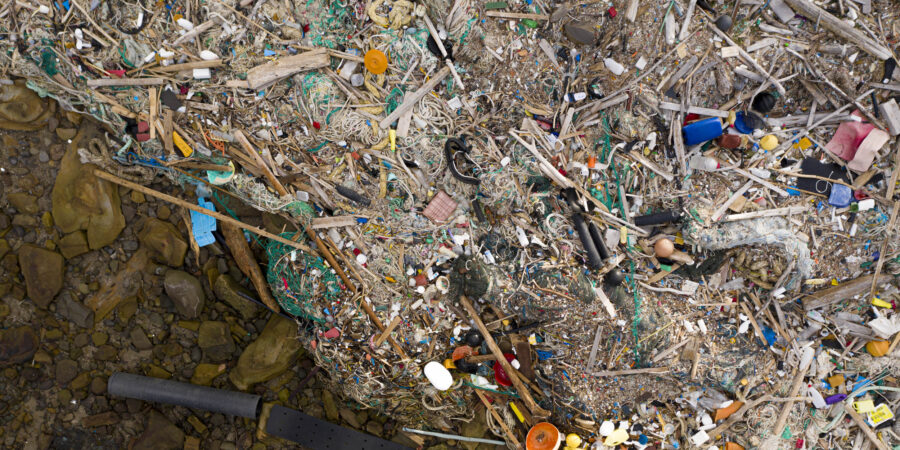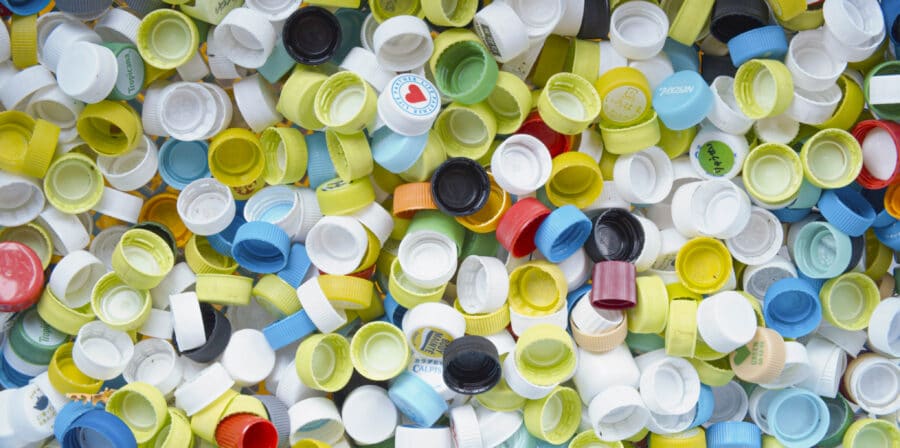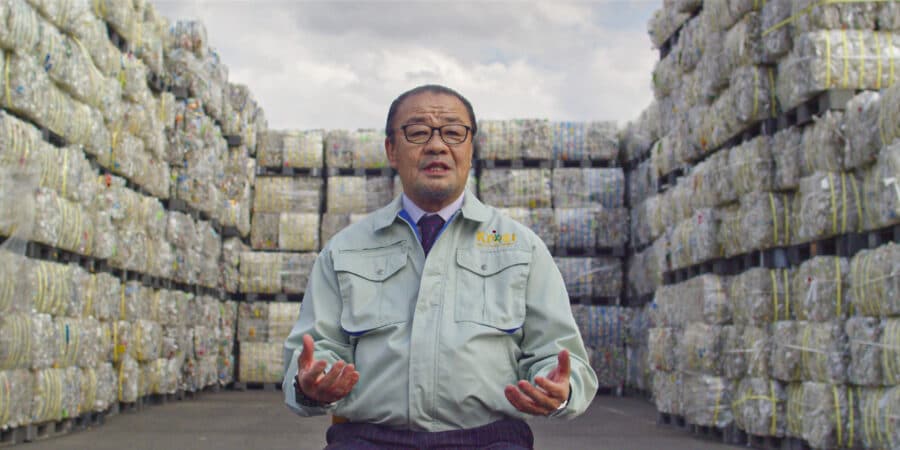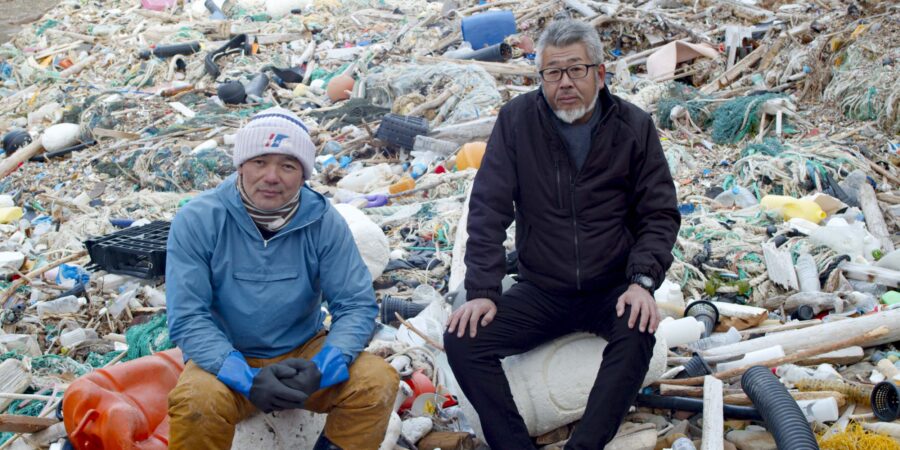Interview with MEXT Alumni who produced and directed the film covering Japan’s use of plastic, its system and attitude around it.
Filmmakers Sybilla Patrizia and Clementine Nuttall met in the first days of their MEXT Scholarship in April of 2017, first studying Japanese together before heading to Tokyo University of the Arts for their research. Sybilla was working in print and new media fashion photography and came to Japan to research contemporary culture through photography. Clementine had previously worked in architectural conservation and came to Japan to research kintsugi, and traditional Japanese lacquer culture. Their time at TUA led them both to documentary film as a powerful means of storytelling, and working together bridged the possibilities of fine art, sustainability, and social change. Here, they are interviewed about their latest project, PLASTIC LOVE! a documentary film exploring the issue of plastic in Japan.
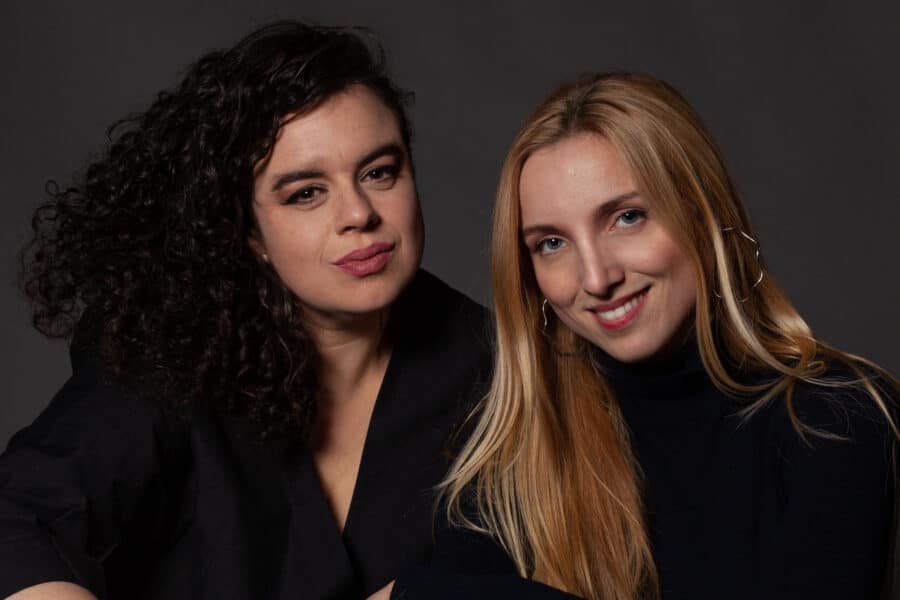
How did the idea of making this film come about?
We had just finished working together on our first film, UNBROKEN, a documentary short about kintsugi, the traditional Japanese art of mending ceramics with gold. The film had been successful, and shown around the world, and we were both considering our next steps. We had become hyper aware of plastic as a major environmental issue since moving here from Europe, and were increasingly trying to use our own art practices to contribute to a better world. Clementine had attended a masterclass with Kazumi Murose, one of Japan’s Living National Treasures in lacquer and he got us thinking about the value of understanding of the culture that surrounds a material, in this case plastic. So, we set to work researching the topic – and found there was a lot to unravel! We started PLASTIC LOVE! in the autumn of 2019 and have first spent almost a full year doing nothing but researching the global – and Japanese – plastic waste issue.
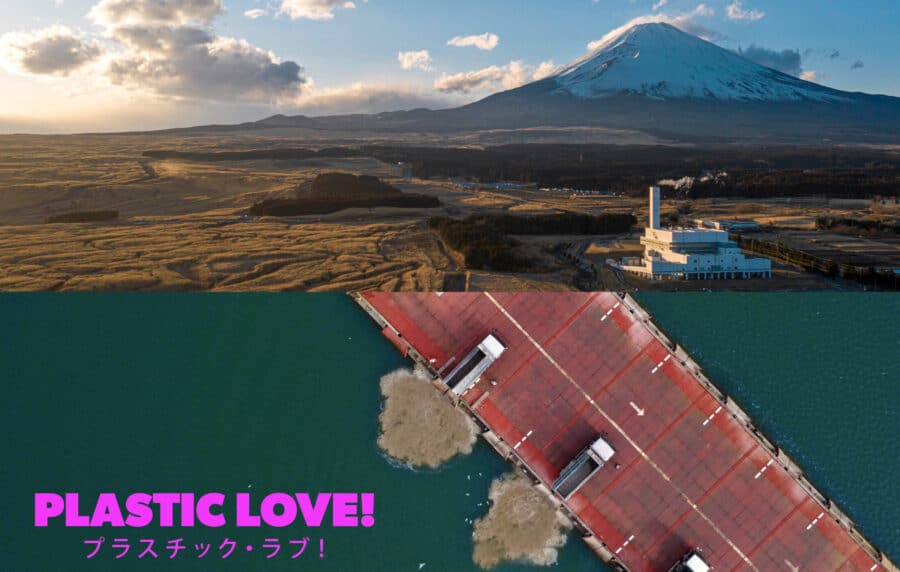
Which topics stand out?
What we realized pretty quickly was that the topic of plastic waste is incredibly complex. There are a lot of micro issues such as problematic waste management systems, microplastics polluting the oceans, harmful chemicals in plastic, incineration producing CO2 and a multitude of other factors contributing to the climate crisis and social inequity.
What have you enjoyed about making the film?
Traveling around the beautiful country – we have visited so many incredible places, and met some extraordinary and inspiring people! We have seen zero waste activism in Kamikatsu, Tokushima, filmed in mid-winter with our drone in the -5 degree celsius cold, but beautiful island of Tsushima where lots of plastic waste washes ashore each year. We’ve witnessed how tons of waste gets dumped and burnt at an incinerator, and visited a landfill site where incinerator ash is used to create new land in Yokohama. We’ve had the priviledge of talking to some of Japan’s most prominent scientists in this field to learn about how plastic pollutes our environment. And of course, we talked to the Living National Treasure who inspired our film, to learn how Japan has shifted from being a very sustainable country in the Edo period, to becoming the country with the second largest amount of plastic packaging waste per capita in the world.
What are you hoping the audience will take away from the film when they see it?
That this isn’t really a film about plastic, at all! It is a study of our current systems and attitudes. To paraphrase one of our most important interviewees, Akira Sakano of Zero Waste Japan, our current approach to sourcing materials, use and waste are flawed, and we currently allow resources – all resources, not just fossil fuel sourced plastics, (although these are some of the worst offenders) to be used and wasted, when really all resources should be part of an infinite cycle, and it’s the idea of ‘waste’ that should be eliminated. But If this is an error, then it can be fixed, we just need to want to change it!
Where do you start?
Start where you are, today! Look around you and ask where the materials that you use every day come from, how you use them, and ask where they are going. Asking questions, and acting where you can, knowing that it will be imperfect, and knowing that is ok! Whether that’s refusing the constant push of single use in favor of reusables, only buying what you need, joining the amazing online and meet-up communitities that are out there spending their weekends cleaning up rivers and beaches, or any number of other small changes. The MEXT is an amazing network of specialists – if we bring the issue to our research, if we work together across specialties, then we can have an impact!
PLASTIC LOVE! documentary film is crowdfunding until August 3rd.
To support the project head over to www.kickstarter.com/projects/plasticlovefilm/plastic-love
To follow about the project and learn more, head over to
Website: https://plasticlovefilm.com
Instagram: https://www.instagram.com/plasticlovefilm
Facebook: https://www.facebook.com/plasticlovefilm


